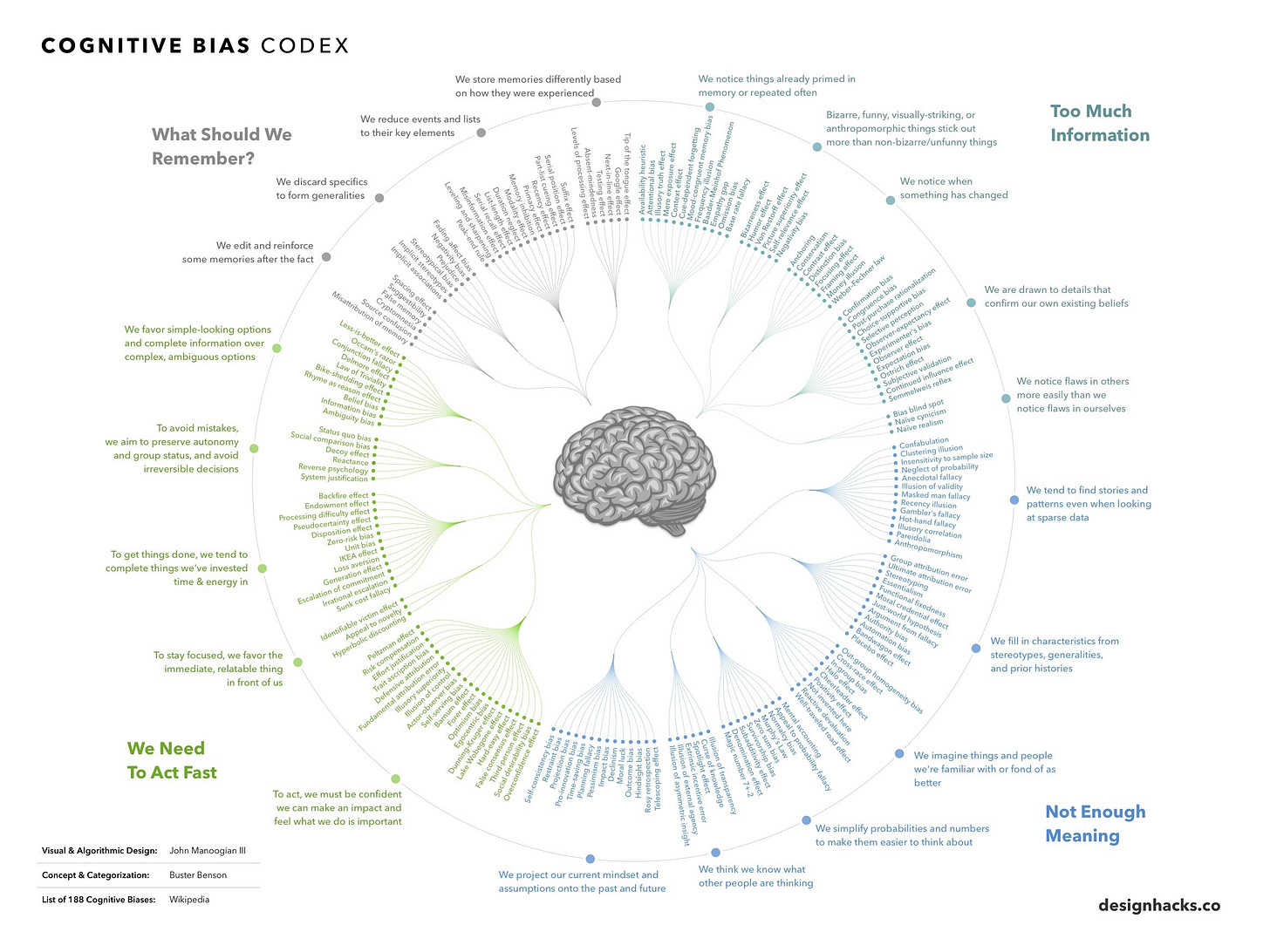The Accidental Manager: A Crisis in Leadership
Why Early Training is Crucial for Effective Management
An Impossible Job (without the appropriate knowledge and training)
"For in accepting promotion to manager, unbeknownst to the new managers, they did more than consent to new job responsibilities. They made an initial commitment to form a new professional and personal identity, oriented toward managing people, not technical tasks."
Linda A Hill (Becoming a Manager)
"Accidental managers without proper leadership training contributing to almost one in three workers walking out..." - People Management magazine.
And yet
The Chartered Management Institute surveyed over 4,500 people and found that "82% of those who enter management positions have not had any proper training."
I have found that almost everyone I've worked with, myself included, would have profited from embarking on the leadership development journey earlier in our professional lives.
Management and Leadership:
🥇 is easier to grasp when you're younger.
🥈an early start helps us to sidestep detrimental habits.
🥉 and the sooner we begin, the more time we have to refine our approach.
Is your manager stressing you out, or do they have a positive impact on your mental health?
Research from The UKG Workforce Institute resonated with me (confirmation bias alert!), especially their finding that "managers impact employee's mental health (69%) more than doctors (51%) or therapists (41%) - and even the same as a spouse or partner (69%).
Which made me sit up and think.
I am inherently sceptical about any new research and headline. Let's be clear: Entities such as the CMI and UKGWI will never publish research that doesn't support their case (publication bias is real). But in this case, I found myself nodding as I read the report.
We are starting management and leadership development too late.
Or not at all (for four out of five first-time managers.)
So, new managers often have to learn on the job.
They get thrown in at the deep end. Sink or swim.
Consequently and inevitably, they pick up bad habits, which are hard to change.
Starting early on this development journey tilts the odds in favour of being a successful new manager and leader. Leaving it to chance or too late?! Well, we have all worked for mediocre or just bad managers.
Now contrast that with professions such as doctors and therapists (apparently they have less of an impact on employee's mental health) who have to undergo many years of study and formal training, plus a perpetual requirement for continuous professional education to keep ahead of Learning >= Change (Revans' axiom).
Management isn't a profession, so the barriers to entry are low. However, there is no longer an excuse for the rank amateurism we continue to see and experience in the workplace.
What should first-time managers do to help them start their personal learning journey?
Educate yourself and read books - here are five evergreen titles to kick you and build momentum as a first-time or newbie manager:
Real Managers
Managers not MBAs
Becoming A Manager
The Lessons of Experience
High Output Management
📫 - A quote that I am currently pondering
"If you don't get out of shape, you don't have to get into shape."
I am not confident of the attribution for this quote. I think I found it on a podcast about maintaining a consistent writing habit.
It is a timely reminder for me in several ways:
Having picked up a few niggling injuries that prevented me from running as regularly as I would like, I got comfortable being less physically active. With the inevitable consequences for my waistline. It's not in great condition, but fortunately, with a bit of unprompted feedback (thanks, Dad!) and being injury-free, I am enjoying running again.
After taking a break from writing over the summer, I am struggling to get back into a regular cadence. I have so many ideas, especially on the above topic of first-time managers, that I need to make time to organise them to remove the friction that I have allowed to build up around my writing.
Regarding newbie management and leadership, it is a continuous journey. We are never the finished product, and so we need to constantly push ourselves to learn more ( afterall Learning >= Change) so that we keep the way we manage and lead people in shape.
🧾 - An absorbing and insightful (short) read
Regular readers and those who have read Before You Step Into The Office will know that I focus on raising awareness of our cognitive biases to help identify effective strategies to mitigate them.
Well, here is another excellent visual from the team at Visual Capitalist:
🤔 - If you did have the answer to this question, what would it be?
What's the kindest thing anybody has done for you?




